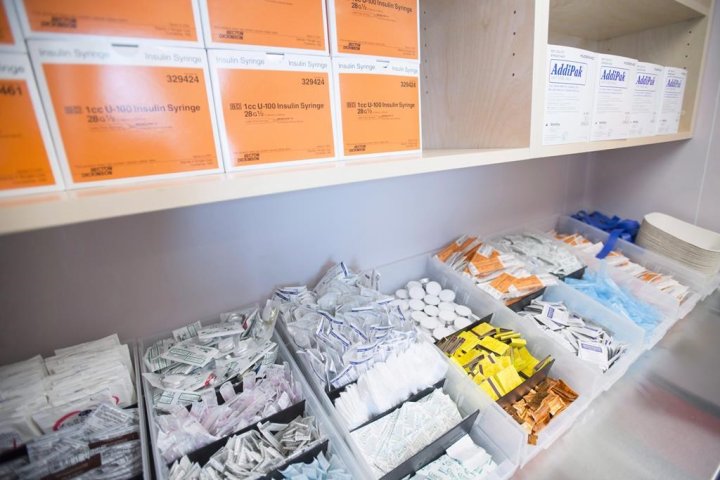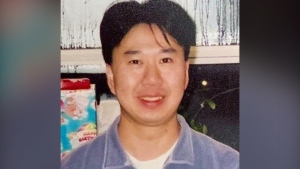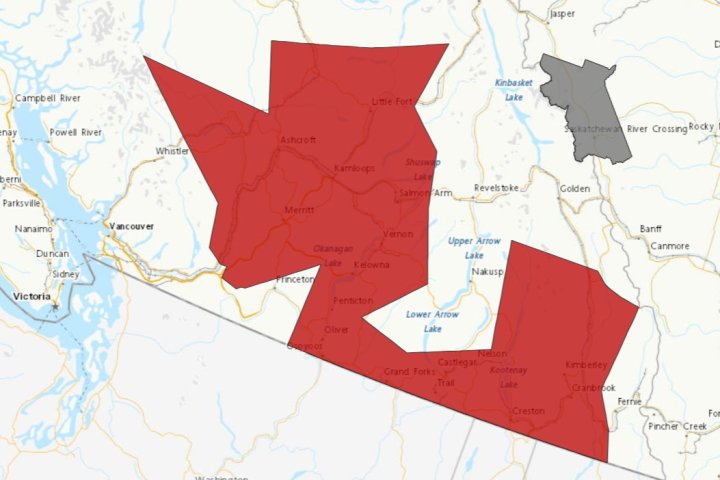According to British Columbia’s top doctor, Dr. Bonnie Henry, more access to a safer supply of drugs is needed to prevent deaths caused by toxic substances.
In a recent press conference, Dr. Henry emphasized the urgency of addressing the ongoing opioid crisis in the province. She stated that the number of overdose deaths has increased significantly in the past year, with a record-breaking 1,716 deaths in 2020.
Dr. Henry pointed out that the majority of these deaths were caused by toxic drugs, such as fentanyl, which have become increasingly prevalent in the illegal drug market. She stressed that these substances are not only dangerous but also unpredictable, making it difficult for users to know the potency and potential harm of what they are consuming.
To combat this issue, Dr. Henry called for a more comprehensive approach that includes providing a safer supply of drugs to those struggling with addiction. This would involve providing pharmaceutical-grade alternatives to the toxic substances found on the streets, which would be prescribed and monitored by healthcare professionals.
Dr. Henry also highlighted the success of the province’s current safer supply program, which has been implemented in several communities and has shown promising results in reducing overdose deaths. However, she acknowledged that more needs to be done to expand this program and make it accessible to all those in need.
In addition to a safer supply, Dr. Henry emphasized the importance of addressing the root causes of addiction, such as poverty, trauma, and mental health issues. She stated that a comprehensive approach must also include harm reduction strategies, such as supervised consumption sites and naloxone distribution, as well as increased access to treatment and recovery services.
In conclusion, Dr. Henry stressed that the opioid crisis is a complex issue that requires a multifaceted solution. She urged for a collaborative effort from all levels of government, healthcare professionals, and community organizations to address this urgent public health crisis and prevent further loss of life.




